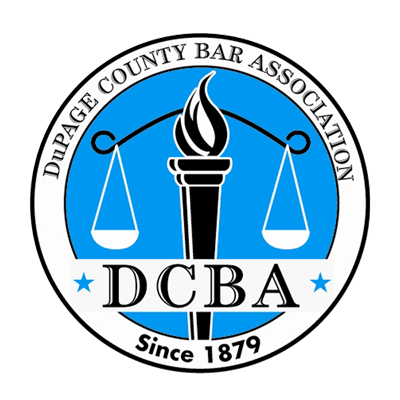
More people are working as independent contractors than ever before. Whether you call them gig workers, freelancers, or contractors, these professionals make up more than a third of the American workforce. While this kind of work sets people up for a lot of freedom, there is a dark side to being an independent contractor. Contractors are not protected by state and federal laws that protect employees from discrimination and sexual harassment. They’re also typically ineligible for workers’ compensation if they’re injured on the job.
Too often, though, independent contractors aren’t as independent as employers would like to make them seem. Many businesses employ misclassification tactics to avoid paying workers what they deserve. Unfortunately, many workers are unaware of this dynamic. They don’t know whether they qualify as employees or independent contractors and are unsure of their rights. That’s why hiring an Illinois workers’ compensation attorney is important, even if you’re uncertain if you’re eligible for benefits. An experienced attorney can help you understand your rights and ensure you get the benefits you deserve.
Workers’ Compensation Benefits in Illinois
Employees who are injured at work in Illinois are entitled to workers’ compensation benefits.
The Illinois Workers’ Compensation Act (IWCA) outlines the rights of workers throughout the state. The act requires employers to provide injured employees with benefits including:
Medical expenses – 100 percent of all expenses are covered by workers’ compensation, with no insurance or deductible required.
Temporary Total Disability – Should you need time off to recover from your injuries, you have the right to a weekly lost wage benefits. This is typically two-thirds of your average gross weekly rate.
Partial Permanent Disability – This lump sump settlement compensates injured employees after the partial loss of the use of a body part.
Permanent Total Disability – If you’re no longer able to do any kind of work, you’re entitled to lifetime benefits based on two-thirds of your average gross weekly wage.
Wage Loss Differential –Should your injury prevent you from doing your job and you have to take on lower-paying employment, you may have the right to benefits equal to two-thirds of the difference between the average weekly wages of each position.
Vocational Retraining – Can’t return to work because of your injuries? You may be entitled to retraining in another occupation.
Survivor benefits – If someone dies in a work-related incident, their dependents are eligible for benefits.
Independent Contractor or Employee?
To be eligible to receive workers’ compensation benefits, an employee-employer relationship must exist. Unfortunately, defining this relationship is more complicated than you might expect. These factors are often considered when making a determination:
- Who controlled how work was completed?
- How was the worker paid?
- What skills were necessary to complete the work?
- Who provided tools, materials, and equipment for the job?
Independent contractors/sole proprietors typically control when and how work is completed. They work off a bid system, supply any tools required for the job, and are responsible for any profits or losses. If the employer controls these things, the worker is likely an employee, not an independent contractor.
How Misclassification Impacts Workers’ Compensation
When a workplace injury occurs, employers are often quick to deny claims – especially when the basis of a worker’s employee relationship is in question. Employers are not required to provide workers’ compensation benefits to the independent contractors with whom they work. Dishonest employers often take advantage of this dynamic, purposely misclassifying employees as contractors so they can sidestep liability.
If you’ve been hurt on the job, the question of whether you were an employee or independent contractor is crucial to your future. Don’t rely on a written agreement between yourself and your employer. Instead, turn to an experienced workers’ compensation attorney for guidance.
Hire an Illinois Workers’ Compensation Attorney
An experienced Illinois workers’ compensation can give you the insight you need to determine whether you qualify for workers’ compensation benefits. If you believe you have been misclassified as an independent contractor, you may still be eligible for benefits. The attorneys at Cullotta Bravo Law Firm can help you chart a course forward. Call us today at 630-225-8341 or contact us online.





